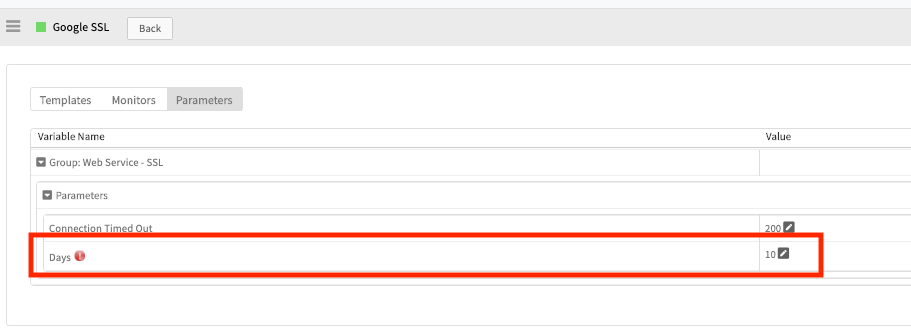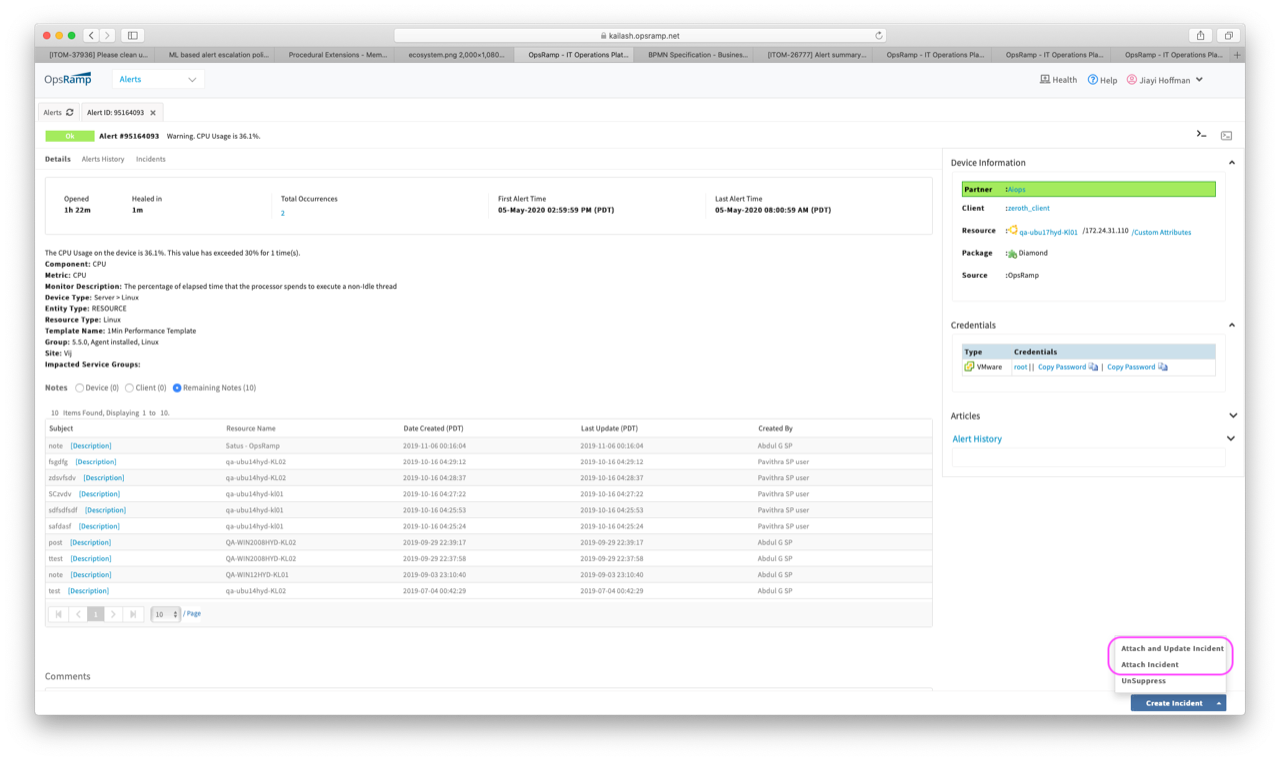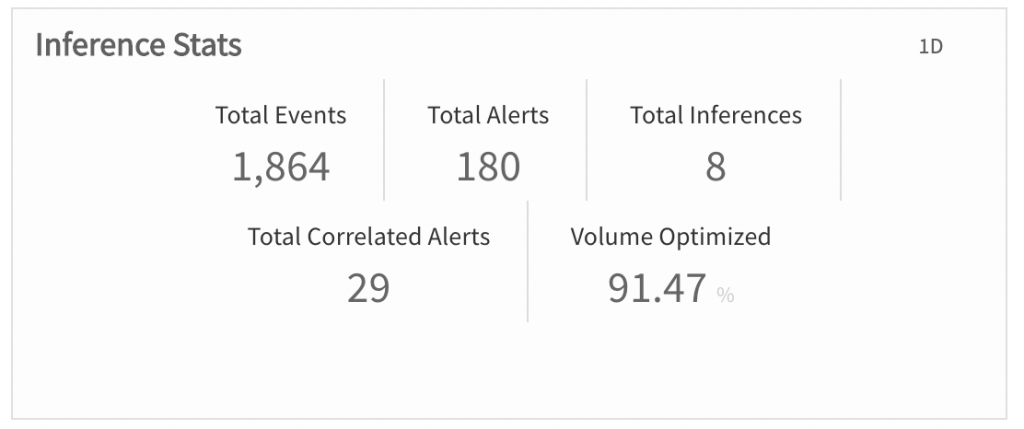Actions on Windows services
- Effective Date: September 2020
- Announcement Date: June 2020
The ability to start or stop Windows services is no longer associated with
the Device Manage permission value as of the effective date.
To start or stop Windows services, the Allow to run all commands permission value must be in the commands permission.
If the Allow to run all commands permission is not implemented by the effective date, you
will lose ability to use this feature.
Discovered Services
Basic authentication for APIs
- Effective Date: September 2020
- Announcement Date: February 2020
As of the effective date:
- Basic authentication is removed and can no longer be used to authenticate.
- Customers using basic authentication for inbound integrations or APIs using custom integrations must use OAuth 2.0 for authentication.
- For integrations, such as AppDynamics, that are using Basic authentication and do not support OAuth authentication, use webhook-based authentication.
Canonical metric names (update)
- Effective Date: September 2020
- Announcement Date: Auguat 2020
OpsRamp is migrating its metric naming convention.
The previous canonical metric changes transformed the metric naming convention for AWS and Google Cloud metrics.
This canonical metric change includes metrics for:
- Azure
- Kubernetes
- Docker
- Linux hosts
- Linux applications
- vCenter
This change brings greater visibility into the service being monitored and provides a consistent model for referencing metrics.
OpsRamp will iterate on all metrics over time to get them into the same model.
Metric naming format change example:
| Old Metric Convention | New Metric Convention |
|---|---|
| azure.ingress.blob | azure_ingress_blob |
Behavior changes
For metrics that are common across multiple resources, the metrics are separated using the new notation and placed in their respective cloud templates.
- Graphing impact
- For resources where the existing metric is updated to the new convention, metric data continues to plot.
- For resources where a new metric is added, the old graph has the wrong metric name with the metric collection stopping for the old metric. The new metric graph will populate with the updated metric name convention.
- Alert impact
- Any existing alert based on an old metric will persist. However, no heals or critical alerts are processed after the change.
- Alerts with old metric notation is not updated nor updated with new metric notation.
Days parameter for HTTPs synthetics
- Effective Date: September 2020
- Announcement Date: August 2020
OpsRamp is removing support for the Days parameter in HTTPs synthetics.

Google SSL
To leverage alerts and availability for the synthetic resource without the days parameter,
use the ssl.cert.expiry.check metric in the HTTPs monitoring template.

ssl.cert.expiry.check Metric
This change provides better scalability and management of SSL certificate expiry times and makes synthetic resource availability more consistent and understandable.
Device Name attribute
- Effective Date: September 2020
- Announcement Date: September 2018
The attribute formerly known as Device Name is renamed to Name.
The Name attribute is derived first from the Alias Name (User Defined), Host Name (Agent Defined) and then Resource Name (Gateway, SNMP, vCenter defined).
This change ensures better parity between the API and the UI. This change does not have any impact on user as the API already references Name. The existing policies that were leveraging Device Name continues to function, but is now populated with Name instead.

Attribute Name
Incident actions on suppressed alerts
- Effective Date: September 2020
- Announcement Date: June 2020
The Attach and Update Incident and Attach Incident actions on suppressed alerts are deprecated and no longer available after the effective date.

Inference stats widget
- Effective Date: September 2020
- Announcement Date: February 2020
The Inference Status widget is deprecated and is not available after the effective date. The new Alert Stats provides more detailed information on alerts volume reduction.
